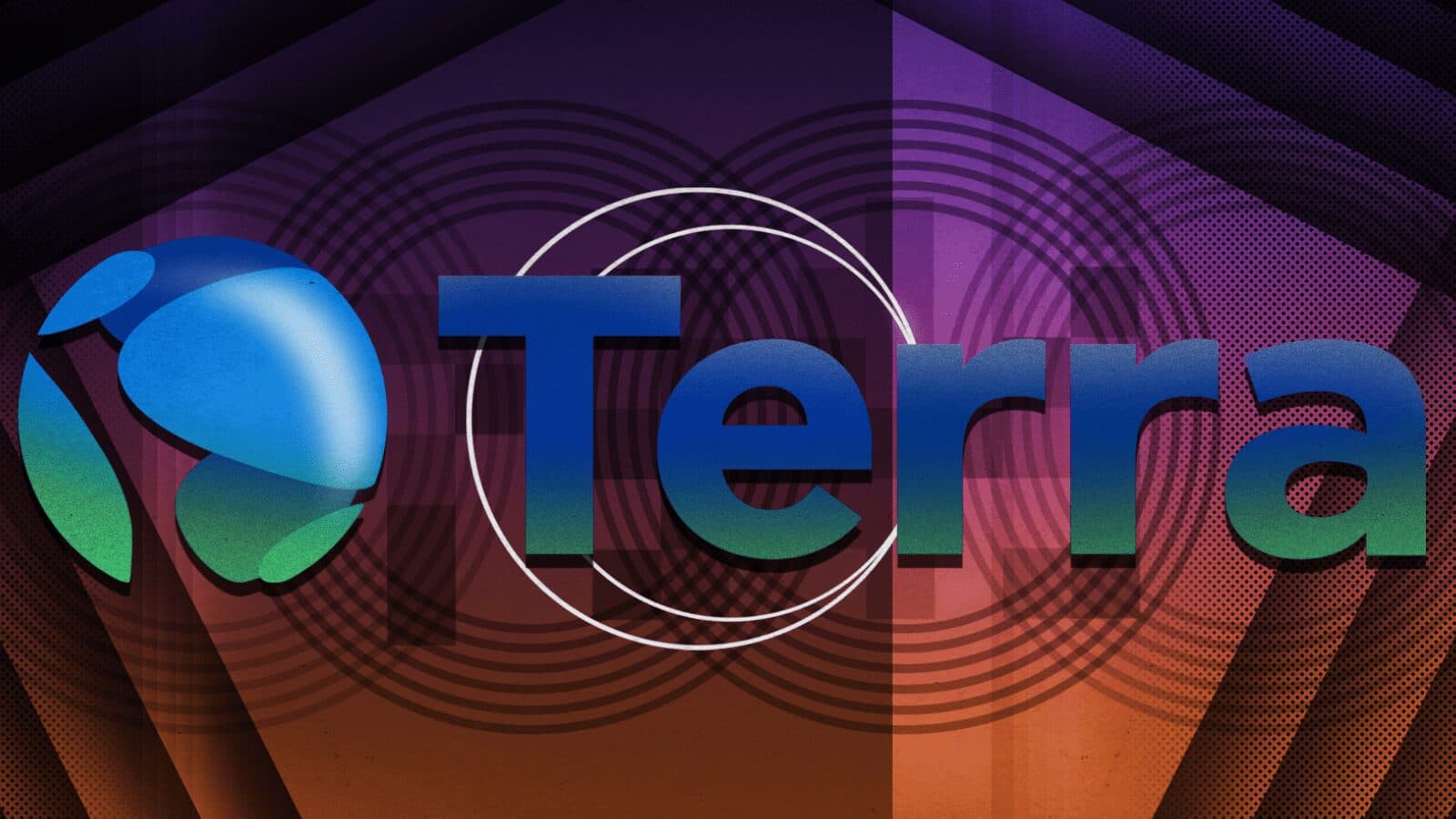Terraform Labs Employees Barred From Leaving South Korea
With founder Do Kwon reportedly in Singapore, South Korean prosecutors don’t want any more Terraform Labs employees leaving the country

Blockworks Exclusive Art by Axel Rangel
- The departure ban extends to employees who left the company in 2019 and 2020, former employee says
- Prosecutors may invalidate Do Kwon’s passport before diving deeper into the investigation, according to local media
South Korean prosecutors have blocked Terraform Labs employees from leaving the country while they investigate the firm behind failed algorithmic stablecoin TerraUSD (UST).
A securities crime team from the Seoul Southern District Prosecutor’s Office, which is leading the investigation, has imposed a departure ban on the project’s key developers, local media JTBC reported Monday.
The ban ensures Terraform Labs employees can’t avoid further investigation, the report said. The process could include a search and seizure, as well as employee summons. It isn’t clear whether all employees are affected by the restriction.
Terraform Labs CEO Do Kwon reportedly left the country and has been living in Singapore. Prosecutors may invalidate his passport before further investigating Kwon, according to JTBC.
Former Terra developer Daniel Hong appeared to confirm the news in a tweet on Monday. Hong claimed that even former employees who left in 2019 and 2020 are banned from leaving South Korea, for which they were given no notice.
Hong said prosecutors told him that individuals aren’t notified ahead of time because they may either destroy evidence or make attempts to leave the country before the ban’s implementation.
“People being treated as potential criminals like this is absolutely outrageous and unacceptable,” Hong wrote. “Bet anyone who were willing to cooperate would no longer want to after this madness.”
The investigation into Terraform began in May after its stablecoin UST dramatically depegged from the US dollar. Authorities had initially requested employees submit relevant company materials.
Unlike other stablecoins backed by tangible assets, UST’s value was linked to a complex algorithm that burned the Terra blockchain’s native asset, LUNA, to mint UST — or conversely redeemed UST for newly minted LUNA.
LUNA and UST were the ninth and 10th largest cryptocurrencies by market capitalization when they collapsed, taking around $40 billion in representative value along with them.
Under a recovery plan for the Terra ecosystem, developers created a new blockchain, Phoenix-1, and a fresh LUNA token which has floundered since its launch.
Get the news in your inbox. Explore Blockworks newsletters:
- The Breakdown: Decoding crypto and the markets. Daily.
- 0xResearch: Alpha in your inbox. Think like an analyst.






